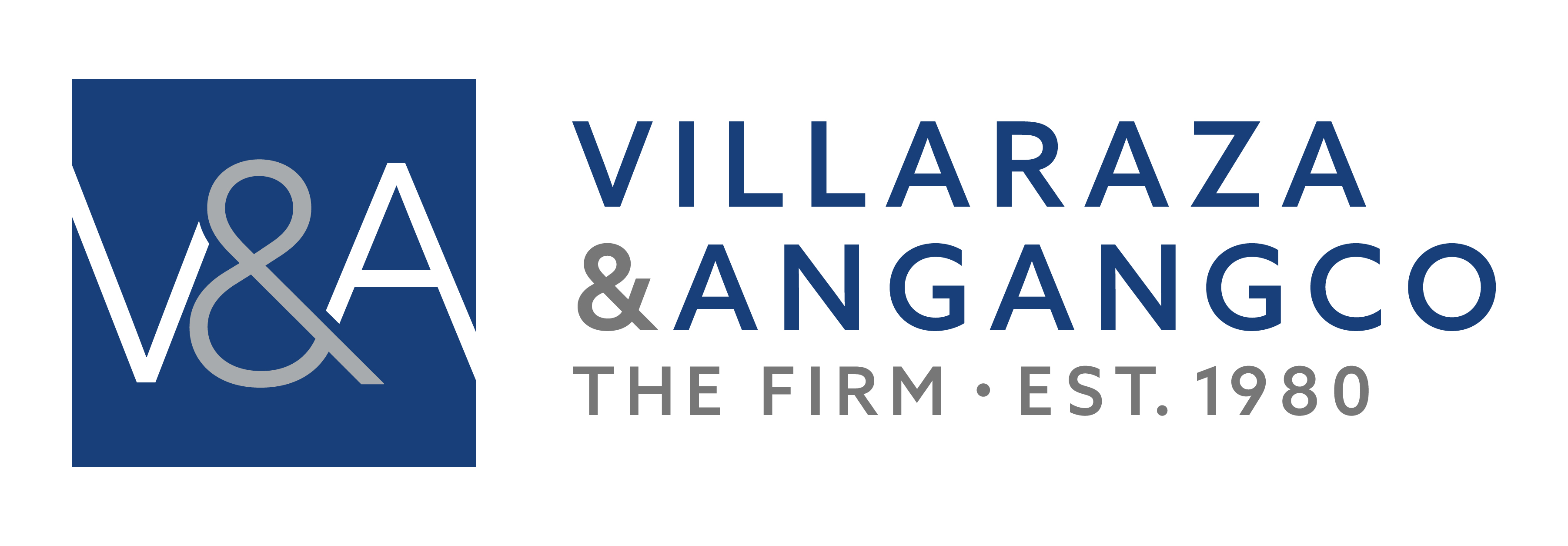July 1, 2024
Malaysian law firm Zul Rafique & Partners has appointed Lukman Sheriff Alias and P Jayasingam as its new Co-Managing Partners effective January 1, 2024. These appointments come as the former Managing Partner, Dato’ Zulkifly Rafique, announced his retirement after over 24 years of outstanding leadership. The current head of the firm’s Energy & Utilities Practice Group, Lukman Sheriff Alias brings a wealth of legal experience. He specialises in corporate, energy and utility transactions, and has extensive experience in large-scale projects, including the Kuala Lumpur City Centre, Putrajaya, Kuala Lumpur International Airport and Kwasa Damansara. Alias has been involved in various independent power producer projects, both local and overseas. He has advised, among others, the Bakun Hydro power purchase agreement, Genting power plant PPA extension, the aborted East to West Malaysia submarine power cable line, and acquisition of Indonesian power plants and coal mines. In 2005, he acted for the Government of Malaysia in restructuring the nation’s water industries, which involved the amendment of the Federal Constitution, and the drafting and enactment of the Water Services Industry Act 2006 and the water rules thereunder, together with the establishment of Suruhanjaya Perkhidmatan Air Negara. On the other hand, P Jayasingam brings with him over 38 years of experience at the Malaysian Bar. He currently heads the firm’s Litigation and Employment & Industrial Relations Practice Groups. Jayasingam handles a litigation portfolio of civil and industrial relations matters, and he regularly handles cases for and on behalf of employers. He also regularly appears in the Industrial Court, and advices and handles disputes relating to dismissal/constructive dismissal, collective agreements, redundancy/retrenchment, change of ownership of... July 1, 2024
Mark Benjamin C. Yam Rachelle Ann L. Go On 10 March 2024, the Bureau of Immigration (“BI”) reported that approximately 153,000 foreign national (“FN”) holders of immigrant and non-immigrant visas took part during the 2024 Annual Report requirement of the BI. This is 13% higher than the 136,065 FNs who participated in the previous year’s Annual Report.1 Of note is the fact that a large percentage of the FNs who have been granted non-immigrant visas are those who have been granted the Pre-arranged Employment Visas (i.e., 9[g]). In its Accomplishment Report for the year 2023, the BI reported that the Board of Commissioners (“BOC”) had approved 72,472 9(g) Commercial Visas in 2023 and 59,885 visas in 2022 and 3,454 9(g) Missionary Visas in 2022 and 3,980 visas in 2023.2 The foregoing figures show that there is an increase in the number of FNs who have expressed their intention to work in the Philippines on a long-term basis (i.e., at least one [1] year). While there are other non-immigrant visas that a FN may apply for to work in the Philippines, this article will focus on the steps and requirements to secure a 9(g) Commercial Visa. It is important to also point out that Philippine law requires that a foreign national working in the Philippines should secure work authorization, whether in the form of a 9(g) Commercial Visa, or a temporary work permit. Background on the 9(g) Visa Section 9(g) and Section 10 of the Commonwealth Act No. 613, as amended, or the “Philippine Immigration Act of 1940” provides that FNs who intend work in the Philippines under prearranged employment may... June 27, 2024
IHC talks to Tianfu Liu, Vice President and Chief Counsel, Asia Pacific for Cabot Corporation, about his journey from private practice to glssobal legal strategist Could you share a little about your journey in your career so far and how you ended up in your current role? We’re especially curious about your additional role in business development! I studied law at CUPL in Beijing, McGill in Montreal and Penn in Philly. Prior to Cabot, I was a private practitioner between 2003 and 2010, first and briefly with MoFo in its then newly established Shanghai office and later with Freshfields Bruckhaus Deringer. At Freshfields, my practice covered cross border mergers and acquisitions, securities and FDI, with a focus on advising multinational investors in the financial services and real estate sectors on their establishment or expansion in China. In 2010, I joined Cabot as its China GC. My role was subsequently expanded in 2015 to cover Asia Pacific, and in 2019 to provide legal oversight to Cabot’s global Reinforcement Materials Segment, its largest business division operating in Argentina, Brazil, Canada, China, Colombia, the Czech Republic, France, Indonesia, Italy, Japan, Mexico, the Netherlands and the U.S. Since the beginning of 2022, I took on the role of Vice President, Strategic Business Development, AP Region in addition to my legal responsibilities for the AP region. In my newest capacity, I execute the company’s strategic projects in the AP region and manage their full lifecycle from market research, prospects identification, target screening and initial engagement, to modelling and valuation, due diligence, signing and closing, and eventually integration. Could you provide our readers with an... June 27, 2024
Pedro Massena with Rahul Prakash Twenty years ago, if a CEO was asked to merge sustainability with their corporate strategy they would have assumed someone was trying to sabotage the business. Changing the focus away from profits was unthinkable. But in-house legal teams have proven critical for finding ways to make sure sustainability doesn’t need to bite into the bottom line. In the bustling and diverse Asia-Pacific region, Environmental, Social, and Governance (ESG) principles have rapidly reshaped how businesses operate. From the vibrant markets of Southeast Asia to the technological powerhouses of Japan, China and South Korea, companies are slowly learning how to navigate a complex yet rewarding path toward a more profitable – and sustainable – growth. This journey is not just about compliance; it’s about innovation, resilience and longterm prosperity. The Asia-Pacific is a dynamic mosaic of cultures and economies, where each company shares the same value of contributing in their own way to a larger, cohesive picture of sustainable development. Here, ESG isn’t just an acronym – it’s written into the business culture. Governments and businesses alike are crafting robust frameworks to combat climate change, enhance transparency into their supply chains and promote social equity. Take Singapore’s Green Plan 2030, for instance. It’s a bold roadmap aiming for carbon neutrality and sustainable living. Or consider China’s ambitious goal to achieve carbon neutrality by 2060, which is already driving a massive shift towards renewable energy and eco-friendly practices. The stakes are high, given that the planet’s ecosystem may just be at risk. But the rewards of ESG are even higher. Investors are increasingly drawn to companies with... June 27, 2024
Kristin Charisse C. Siao, Carlo Augustine A. Roman The global push toward Environmental, Social, and Governance (“ESG”) practices in businesses of all sizes has seen rapid growth in recent years, with the Philippines being no exception to this growing movement. More and more, industry leaders and model organisations across the local business landscape have placed increasing emphasis on non-financial metrics that address critical social and environmental issues, with an eye toward making sure that business practices and investments will continue to be sustainable not merely on the basis of the balance sheet, but also society as a whole. Truly, investors in both the Philippines and abroad have become keener toward focusing on not just mere economic growth, but inclusive, balanced, and sustainable growth that can be maintained in the longer term. With this in mind, legislators and regulators in the Philippines have slowly but surely adjusted to the growing call for ESG monitoring and enforcement. As such, it is slowly becoming impossible for businesses to ignore social and ethical considerations when running their day-to-day affairs in this jurisdiction. Sustainability Reporting Guidelines for Publicly Listed Companies Consistent with global ESG trends and the push toward greater transparency for non-financial and sustainability issues –particularly in the present economic climate which prioritises environmental and social impact of businesses more than ever – the Securities and Exchange Commission (“SEC”) published Memorandum Circular No. 4, Series of 2019, or the “Sustainability Guidelines for Publicly Listed Companies (“PLCs”)” (the “SEC Sustainability Guidelines”), in order to help PLCs assess and manage non-financial performance across economic, environmental, and social aspects of their organisation. The reporting guidelines aimed... By Firm
Key Person Profile
Upcoming Events
Recent Past Events







 Villaraza & Angangco Law
Villaraza & Angangco Law Kristin Charisse C. Siao
Kristin Charisse C. Siao Ma. Carla P. Mapalo
Ma. Carla P. Mapalo Richard Henrick I. Beltran
Richard Henrick I. Beltran






